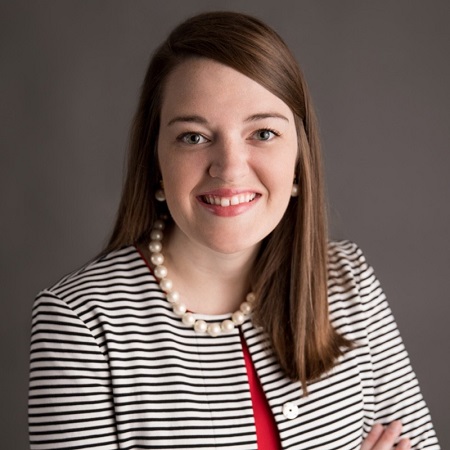
Two hundred and thirty-three years after Kentucky’s first legislators convened the commonwealth’s first General Assembly, we gaveled in the 2025 Regular Session.
The Speaker of the House called the chamber to order on Tuesday, January 7 at noon in the historic Kentucky State Capitol Building. Shortly after convening, I was proud to be sworn-in as the 18th District State Representative by Kentucky Supreme Court Chief Justice Debra Lambert.
While much of the first few days was committed to administrative tasks like our official swearing in, adopting the rules that will guide our work, and settling into our Capitol Annex offices, lawmakers also set the tone for this year’s session by passing our first bill, HB 1.
The measure would lower the state’s individual income tax to 3.5% in January of 2026. The legislature has already cut the tax by a third since 2017, and economists estimate this latest half a percent cut will leave an additional $718 million in the paychecks of Kentuckians when it is fully implemented.
This should be helpful at a time when our nation faces record, persistent inflation. HB 1 is actually the most recent step in a plan to eliminate the income tax gradually as the state meets a set of requirements that ensure a tax decrease will not endanger necessary state programs.
While HB 1 goes to the Senate for consideration, several other issues remain on our session agenda. These include:
- Education: A renewed focus on education includes the creation of the House Committee on Primary and Secondary Education and the House Committee on Postsecondary Education that will allow greater emphasis on these two very different age levels. For example, despite record amounts of funding (even after adjusting for inflation) and the implementation of measures aimed at strengthening schools and learning at the K-12 level, too many schoolchildren still do not read or comprehend math at grade level. Lawmakers will continue to work to make sure resources are reaching the classroom, and that policies implemented by the Kentucky Board of Education achieve academic success.
- Medicaid: We will continue to look for ways to make Medicaid, the state and federally funded program that provides health care for our poor and most vulnerable, more efficient as well as more effective. More than a third of our state’s population receives benefits through the Medicaid program, including more than half of Kentucky children, and billions in state and federal tax dollars are spent to provide health care through Medicaid. However, despite these investments, we still have among the worst rates for chronic diseases and fatal conditions.
- Workforce shortages: The legislature will continue to work on identifying ways to ensure the state has a skilled workforce ready and willing to step into the more than 100,000 jobs available in our state at any time. The issue has received attention over the past several years, as the Kentucky General Assembly has targeted high need areas, eliminated redundant licensing requirements and created pipelines for talent.
- Protecting our most vulnerable: Lawmakers will move to ensure legislation passed last session that would provide resources to those providing kinship care to Kentucky children gets implemented after the executive branch has refused to do so. The legislature will also consider additional measures to protect the state’s vulnerable, including domestic violence victims.
- Housing shortages: Kentucky is facing a more than 200,000-unit housing shortage. Last interim, the Housing Task Force took a comprehensive look at the issue and identified a few ways state policies can be updated to help address the shortage. This session we will likely consider licensing, permitting, and other policies to make sure they are not barriers.
- Artificial intelligence: AI provides unlimited opportunities, but like any tool it must be harnessed properly. For example, it can be used to “clone” an individual’s voice; then using the fake voice to defraud a family member or friend. It could also be used to develop algorithms that help plant fake news as fact. Lawmakers worked throughout the interim to identify steps that can be taken to take advantage of the good, while guarding against the dangers.
We will return to Frankfort on February 4. Until then, if you are interested in following along, the Legislative Research Commission (LRC) maintains a helpful, information-packed website. It contains every bill and resolution, schedules, contact information, and information about the legislative process. I regularly refer to LRC publications, which provide research information on a variety of issues and can also be downloaded from the website.
As always, I can be reached anytime through the toll-free message line in Frankfort at 1-800-372-7181. You can also contact me via email at Samara.Heavrin@kylegislature.gov and keep track through the Kentucky legislature’s website at legislature.ky.gov.
Rep. Samara Heavrin, R-Leitchfield








